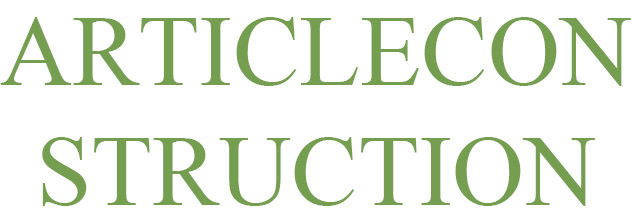Is China's Recycled PET Plastic Market Sustainable?
As one of the largest consumers and producers of plastic globally, China's approach to recycling has far-reaching implications for the environment and the economy. With the increasing focus on sustainability, particularly in the realm of plastics, there’s an urgent need to assess the viability of the recycled PET plastic market in China. This evaluation not only addresses environmental concerns but also examines economic opportunities presented by a burgeoning industry striving for sustainability.
If you want to learn more, please visit our website recycled PET plastic China.
China has established itself as a crucial player in the global plastic recycling landscape, especially concerning recycled PET plastic. The nation processes a staggering volume of recycled PET, primarily sourced from international waste exports, local households, and industrial facilities. However, the sustainability of this market model is under scrutiny, given recent policy shifts, environmental challenges, and the necessity for a circular economy.
The Chinese government has implemented a variety of initiatives aimed at addressing pollution and promoting recycling. Policies, such as the ban on the import of certain types of plastic waste, underscore a commitment to enhancing domestic recycling capabilities and reducing reliance on foreign waste. This significant policy shift not only reshapes the market but also pushes for innovation and investment in local recycling infrastructures. The shift has incentivized companies to develop more efficient recycling technologies and processes, allowing for greater yields of recycled materials, including PET plastic.
Despite these positive directions, challenges remain. The collection and sorting of waste, especially in rural areas, can be inefficient, leading to contamination in the recycling stream. This contamination can undermine the quality of recycled PET plastic, making it less desirable for manufacturers who demand high-grade recyclables. Additionally, traditional recycling methods are often plagued by outdated technology and practices that fail to meet modern sustainability standards.
The demand for recycled PET plastic in China is steadily increasing. Brands and manufacturers are beginning to recognize the importance of sustainable sourcing due to growing consumer consciousness and regulatory pressures. Global brands with a significant footprint in China are making commitments to use more recycled materials in their products, thus boosting demand for high-quality recycled PET plastic. This demand has spurred a competitive market, with companies vying to create innovative recycling solutions and processes that meet or exceed quality benchmarks.
There is also a promising movement toward the development of biodegradable alternatives to traditional plastics, which could expand the conversation about sustainability in the Chinese market. Enhanced consumer awareness regarding environmental issues linked to plastic waste is likely to influence purchasing decisions, thereby driving demand for sustainable products, including those made with recycled PET plastic. The intersection of consumer behavior and corporate responsibility creates a powerful momentum for positive change within the industry.
Moreover, businesses that embrace sustainable practices may find themselves ahead of regulatory curves and public relations crises. As national and local governments ramp up regulations to combat plastic pollution, companies that incorporate recycled materials into their production processes will likely experience less operational disruption and stronger public support.
Numerous enterprises in China are already leading the way in this field, deploying advanced technologies and innovative practices to create efficient recycling systems. For example, some companies focus on closed-loop systems where post-consumer PET bottles are collected, recycled, and turned back into new products. This practice not only conserves resources but also significantly diminishes the environmental impact associated with the production of virgin plastics.
However, the future of recycled PET plastic in China largely hinges on how effectively the country can tackle its internal challenges. Investments in technology and infrastructure, as well as partnerships between the public and private sectors, will be vital. Policymakers must engage with industry experts to develop regulations that balance environmental protection with economic viability. Only through collaborative efforts can China establish a robust recycling economy that truly prioritizes sustainability.
Additionally, fostering a culture of consumer responsibility can play a significant role in improving the performance of the recycled PET plastic market. Education and awareness campaigns can equip consumers with the knowledge they need to participate effectively in recycling programs. From understanding proper sorting techniques to advocating for the use of recycled products, an informed consumer base can catalyze significant advancements in sustainability.
Ultimately, whether China's recycled PET plastic market is sustainable or not will depend on the interplay between environmental advocacy, policy development, technological innovation, and consumer engagement. The potential for a thriving, sustainable recycled PET plastic industry in China is immense, yet it requires unwavering commitment from all stakeholders involved.
In conclusion, while challenges abound in the recycled PET plastic sector, the advancements being made in technology, consumer awareness, and regulatory frameworks suggest a promising path forward. By prioritizing sustainability, China can not only enhance its recycling capacities but also lead the world in creating a cleaner, greener future.
For more recycled polypropylene plastic granules wholesaleinformation, please contact us. We will provide professional answers.



